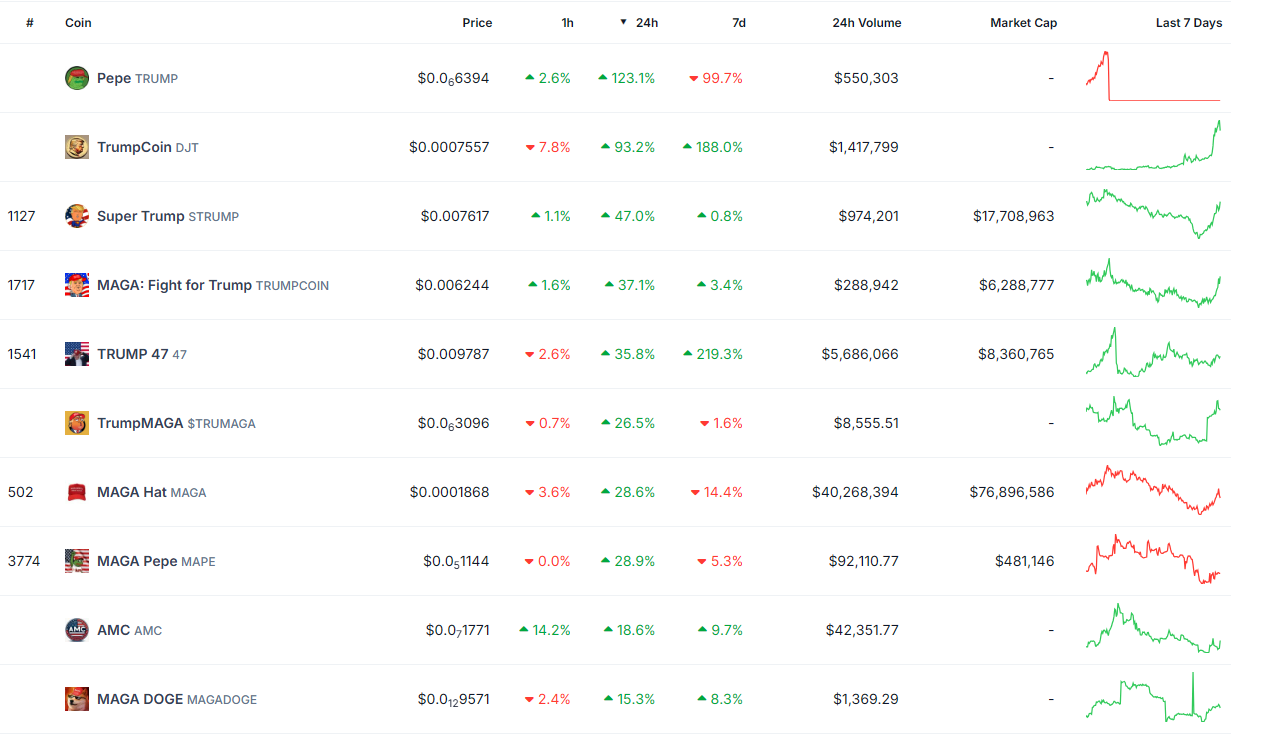Decentralized Physical Infrastructure Networks (DePin) are transforming the tech by enabling decentralized projects in real-world infrastructure.
Here’s the latest news in the DePin sector: Peaq announced a launch date for its new token and broader functionality for its “peaqosystem,” GAIB and io.net teamed up for outreach solutions in their shared GPU/AI compute sphere, and Roam is transforming into a DePin telecom layer.
Peaq Announces Blockchain and Token Launch Date
Peaq, the Layer-1 blockchain ecosystem for DePins, recently announced a widespread launch of their protocol and new PEAQ token. The firm has already been incorporating dozens of projects into the “peaqosystem”, and currently empowers 39 separate DePins. However, this broader launch on November 12 will enable several novel features and applications for all of them.
Read More: What is a Layer-1 Blockchain?

The PEAQ token will enable users to enjoy much more functionality on this platform. The company’s site claims this utility token can “enable people and machines to transact, help produce new blocks, take part in network governance, and guarantee machines’ trustworthiness.” In other words, it will power sophisticated new apps to supercharge blockchain functionality.
GAIB and io.net Partner Up
AI DePin firms GAIB and io.net have also joined forces to enhance access to GPU resources for AI development. GAIB announced a separate partnership with Aethir and GMI Cloud last week, aiming to reach a similar goal.
io.net, for its part, has recently been working to optimize AI model training. Together, they hope to increase AI accessibility dramatically.
“Working with io.net will allow us to further our mission of making AI compute accessible to literally everyone. We are excited to work hand in glove to push the boundaries of what’s possible,” said Kony Kwong, CEO of GAIB.
Specifically, the two firms mention outreach programs as much as technical solutions: marketing initiatives, community engagement, onboarding, etc. Tausif Ahmed, VP of Business Development at io.net, described this as “a natural evolution of our existing relationship with GAIB,” since they already share overlapping expertise with AI GPU research.
Read More: What Is DePIN (Decentralized Physical Infrastructure Networks)?
Roam Launches Telecom Layer
Roam, a DePin telecom company, announced via press release that it is “transforming from a standalone DePin project into a public platform.” Specifically, it plans to build physical Layer-1 infrastructure, connecting new devices and people for a coherent WiFi ecosystem. Its “Telecom Data Layer” program will consist of four core modules to revitalize their user experience.
The Roam Network aims to be global, open, and wireless. Through its core functions, it will give users incentives to validate nodes and attract developers to build new third-party apps.
In the main, ROAM will offer WiFi around the world through a radical blockchain-powered telecom structure. It also claims to be working on an eSIM card to enable access without a traditional card.
Decentralized Physical Infrastructure Networks (DePin) are transforming the tech by enabling decentralized projects in real-world infrastructure.
Here’s the latest news in the DePin sector: Peaq announced a launch date for its new token and broader functionality for its “peaqosystem,” GAIB and io.net teamed up for outreach solutions in their shared GPU/AI compute sphere, and Roam is transforming into a DePin telecom layer.
Peaq Announces Blockchain and Token Launch Date
Peaq, the Layer-1 blockchain ecosystem for DePins, recently announced a widespread launch of their protocol and new PEAQ token. The firm has already been incorporating dozens of projects into the “peaqosystem”, and currently empowers 39 separate DePins. However, this broader launch on November 12 will enable several novel features and applications for all of them.
Read More: What is a Layer-1 Blockchain?

The PEAQ token will enable users to enjoy much more functionality on this platform. The company’s site claims this utility token can “enable people and machines to transact, help produce new blocks, take part in network governance, and guarantee machines’ trustworthiness.” In other words, it will power sophisticated new apps to supercharge blockchain functionality.
GAIB and io.net Partner Up
AI DePin firms GAIB and io.net have also joined forces to enhance access to GPU resources for AI development. GAIB announced a separate partnership with Aethir and GMI Cloud last week, aiming to reach a similar goal.
io.net, for its part, has recently been working to optimize AI model training. Together, they hope to increase AI accessibility dramatically.
“Working with io.net will allow us to further our mission of making AI compute accessible to literally everyone. We are excited to work hand in glove to push the boundaries of what’s possible,” said Kony Kwong, CEO of GAIB.
Specifically, the two firms mention outreach programs as much as technical solutions: marketing initiatives, community engagement, onboarding, etc. Tausif Ahmed, VP of Business Development at io.net, described this as “a natural evolution of our existing relationship with GAIB,” since they already share overlapping expertise with AI GPU research.
Read More: What Is DePIN (Decentralized Physical Infrastructure Networks)?
Roam Launches Telecom Layer
Roam, a DePin telecom company, announced via press release that it is “transforming from a standalone DePin project into a public platform.” Specifically, it plans to build physical Layer-1 infrastructure, connecting new devices and people for a coherent WiFi ecosystem. Its “Telecom Data Layer” program will consist of four core modules to revitalize their user experience.
The Roam Network aims to be global, open, and wireless. Through its core functions, it will give users incentives to validate nodes and attract developers to build new third-party apps.
In the main, ROAM will offer WiFi around the world through a radical blockchain-powered telecom structure. It also claims to be working on an eSIM card to enable access without a traditional card.





